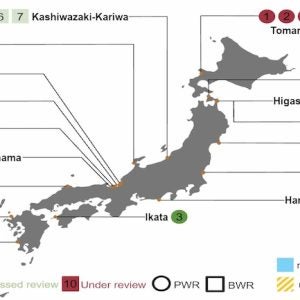
HyNet’s plan is to inject hydrogen initially into the existing gas network across towns in the north west of the UK (Manchester, Liverpool, Cheshire and Warrington), “helping to decarbonise homes and businesses” and “creating a replicable model for the rest of the UK and beyond.” It would also see hydrogen supplied in new pipelines to major manufacturing and power generation sites, reducing the carbon footprint, and creating what could become “the UK’s first low carbon industrial cluster.”
The HyNet consortium is led by Progressive Energy, and includes founding members Cadent (UK gas grid operator) and Peel Environmental. Other partners include CF Fertilisers, Essar, Peel, Johnson Matthey, SNC Lavalin, Unilever, NSG Pilkington, and the University of Chester.
“To achieve our national target of net zero emissions by 2050 it is essential that we develop a hydrogen economy in the UK”, says Dave Parkin, director at Progressive Energy. “HyNet is a real project, with real partners undertaking real engineering which can start delivering CO2 savings within the next five years.”
He explains why the project is targeting the north west of the UK: “The region has unique geology, with salt caverns that can
be repurposed for hydrogen storage, and depleted gas fields in the Irish sea that can be used to store CO2.”
It has also been suggested that HyNet presents an opportunity for the Mersey Tidal barrage project, which could provide the power to supply green H2 to the HyNet pipeline network.
HyNet was awarded a total of £1.6 million in grant funding earlier this year under UK government competitions for CCUS, hydrogen supply and industrial fuel switching to further develop the engineering underlying the project and is bidding for further funding to support the next stage of the project.
Image: HyNet vision






